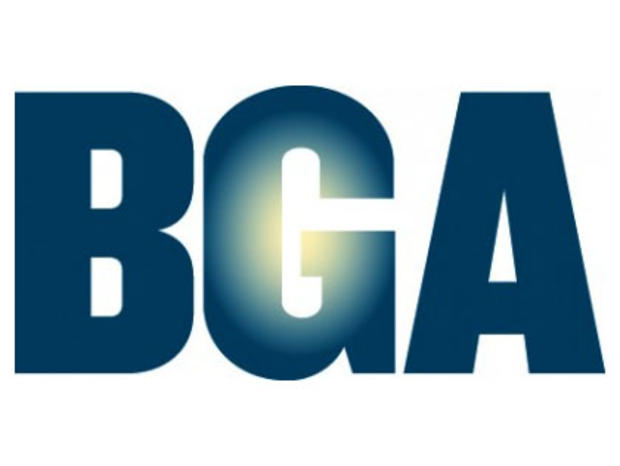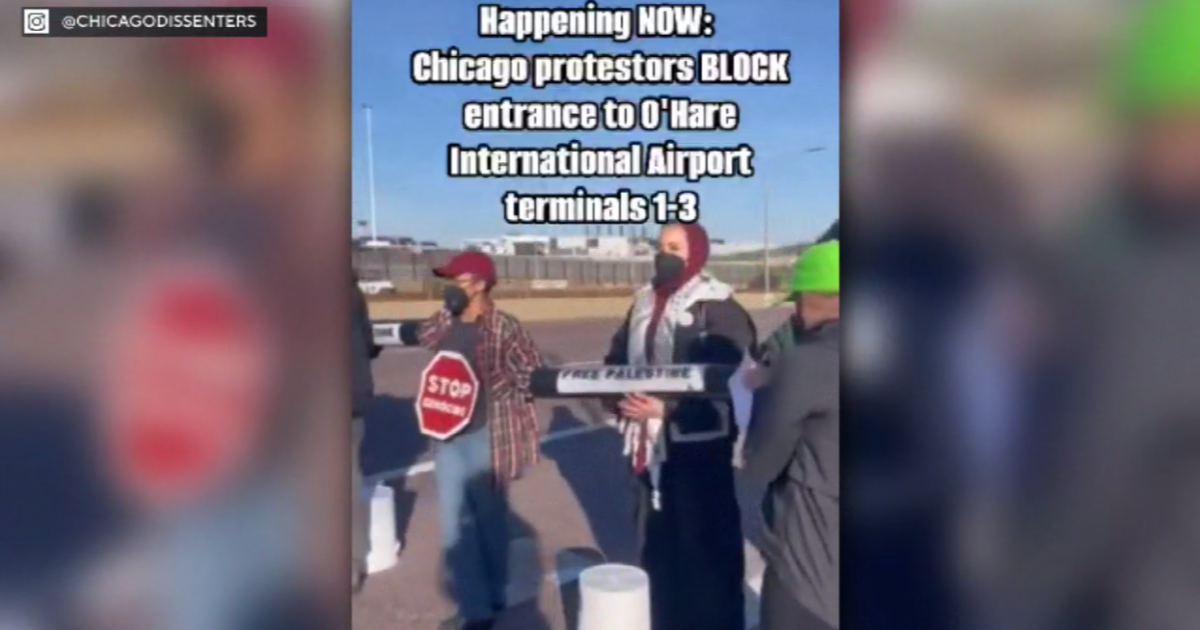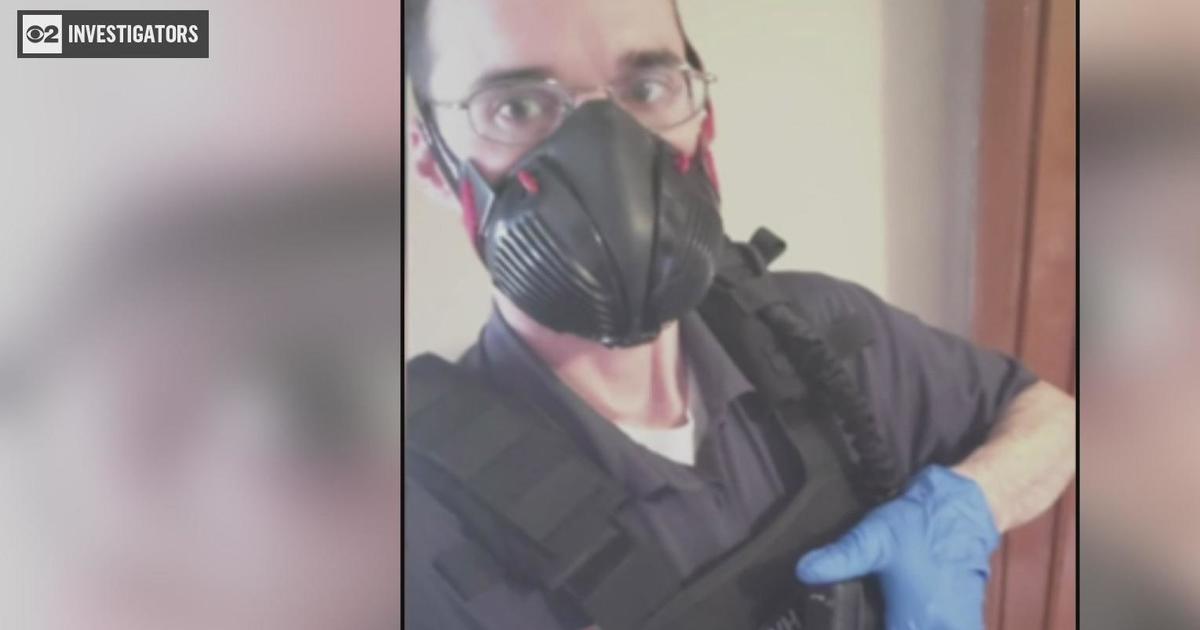2 Investigators, BGA: Ambulance Response Times Getting Worse As Memo Aims To Quiet Dispatchers
(CBS) -- The CBS 2 Investigators and the Better Government Association have been warning about an apparent shortage of Chicago ambulances and paramedics.
The result: dangerous delays for patients needing emergency care.
So far, it seems the city is trying to cover the problem up instead of fixing it. In the meantime, the response times for ambulances are just getting worse.
"Anybody available downtown that can take a run," a dispatcher's voice crackles through the scanner speaker.
An ambulance is needed at the Harold Washington library for someone reportedly having a heart attack. Minutes later there's another emergency and still all ambulances are apparently busy.
"Anybody available downtown? Anybody want to go downtown on a run?" asks another dispatcher.
These are the types of calls paramedics say happen every day.
"It's clear they have no ambulances and it clearly validates what we've been saying that they need more ambulances," said paramedic field chief Pat Fitzmaurice.
But now, city officials apparently don't want the media or anyone else with a scanner to hear some of those transmissions asking for help. They are asking dispatchers to watch what they say.
CBS 2 and the BGA obtained a copy of a memo written by a supervisor at the Office of Emergency Management. It called shout-outs for any available ambulances: "not an acceptable practice."
The memo instructs dispatchers to, "Avoid terminology like we have no ALS (advanced life support) ambulances available,"….particularly when they have to send a basic life support ambulance to the scene and a fire engine with a paramedic on board. Basic life support ambulances do not have paramedics and the same equipment as advanced life ambulances.
Dispatchers should use ambulance numbers to instruct staff in the field on what to do in those cases, the memo said, adding, "Hopefully we can get the message across without highlighting the fact that no ALS unit is available."
The memo also concedes that, "We all realize that certain times we are inundated with runs and lack of resources."
We showed the document to Fitzmaurice who said it's clear what the memo is trying to do.
"Covering up.... They want to cover up the problem," said Fitzmaurice.
"Instead of trying to muzzle the outcry they ought to be listening to what it means and taking steps to fix the problem," said Better Government Association CEO and President, Andy Shaw.
And OEMC spokeswoman said the memo is an "informal internal document" that distributed by a supervisor to remind call takers and dispatchers to use "approved protocol and professionalism" for radio dispatch.
State standards require the fire department to provide advanced life support assistance within six minutes and the city says it meets that standard. But as CBS 2 previously disclosed, all too often that's with a paramedic assigned to a fire engine that cannot transport the patient to the hospital.
We previously reported on how it took 16 minutes for an ambulance to respond to a call for help at LaSalle and Washington where a woman was struck while crossing the street by a postal truck.
Now we've learned that it took about 26 minutes for Ambulance 9 to get to a South Side home for an elderly woman having trouble breathing. An ALS ambulance did respond. A spokesman for the fire department said the response time was "unacceptable" and the incident is under investigation.
Worse yet, it took a dispatcher about 22 minutes just to send Ambulance 52 to an elderly patient complaining of chest pains, and 11 more minutes for the ambulance to get there, a 33 minute response time.
An OEMC spokeswoman said the dispatcher did dispatch an ALS engine within a minute but an ALS ambulance was unavailable due to a high volume of activity. Because several calls came in simultaneously, the ambulance request moved down the job list and mistakenly resulted in a delay. The dispatcher is now being re-educated on department protocols.
Fitzmaurice said it is typical of the fire department to blame the paramedics and dispatchers when the real problem is resources.
"Sooner or later they are going to have to come to the realization we need more ambulances," said Fitzmaurice.
"The response times were unacceptable in our previous stories and now they're totally intolerable," Shaw said.
In a written statement, the fire department said it is conducting a review of its ambulances to ensure the deployment of ambulances meet the needs of Chicago.
"The review is taking into account firehouse locations for ALS ambulances, population shifts, the number and requirements of service calls and the location of receiving hospitals, and will allow us to increase the efficiency of the ambulances and help determine if resources need to be reallocated. CFD is also in the process of hiring paramedics and has scheduled new classes for paramedics. CFD will continue to work with OEMC to make sure that radio traffic between CFD and OEMC is professional, efficient and serves the needs of the public, our members and dispatchers."




